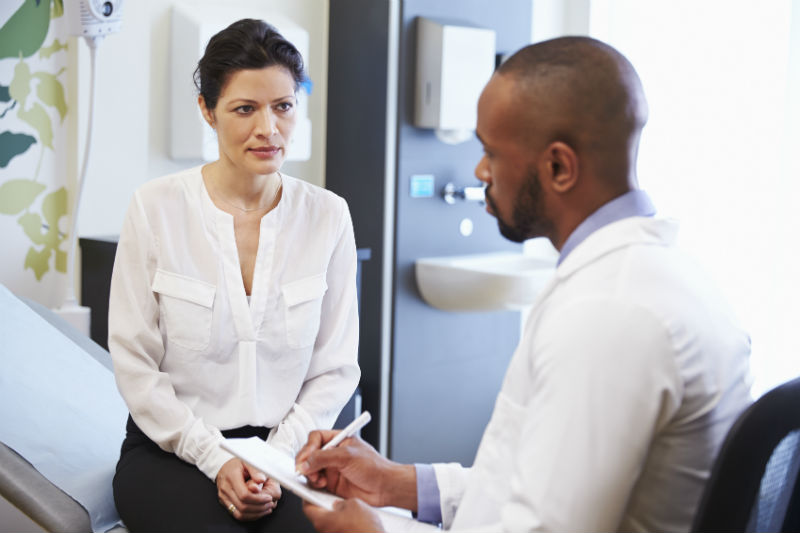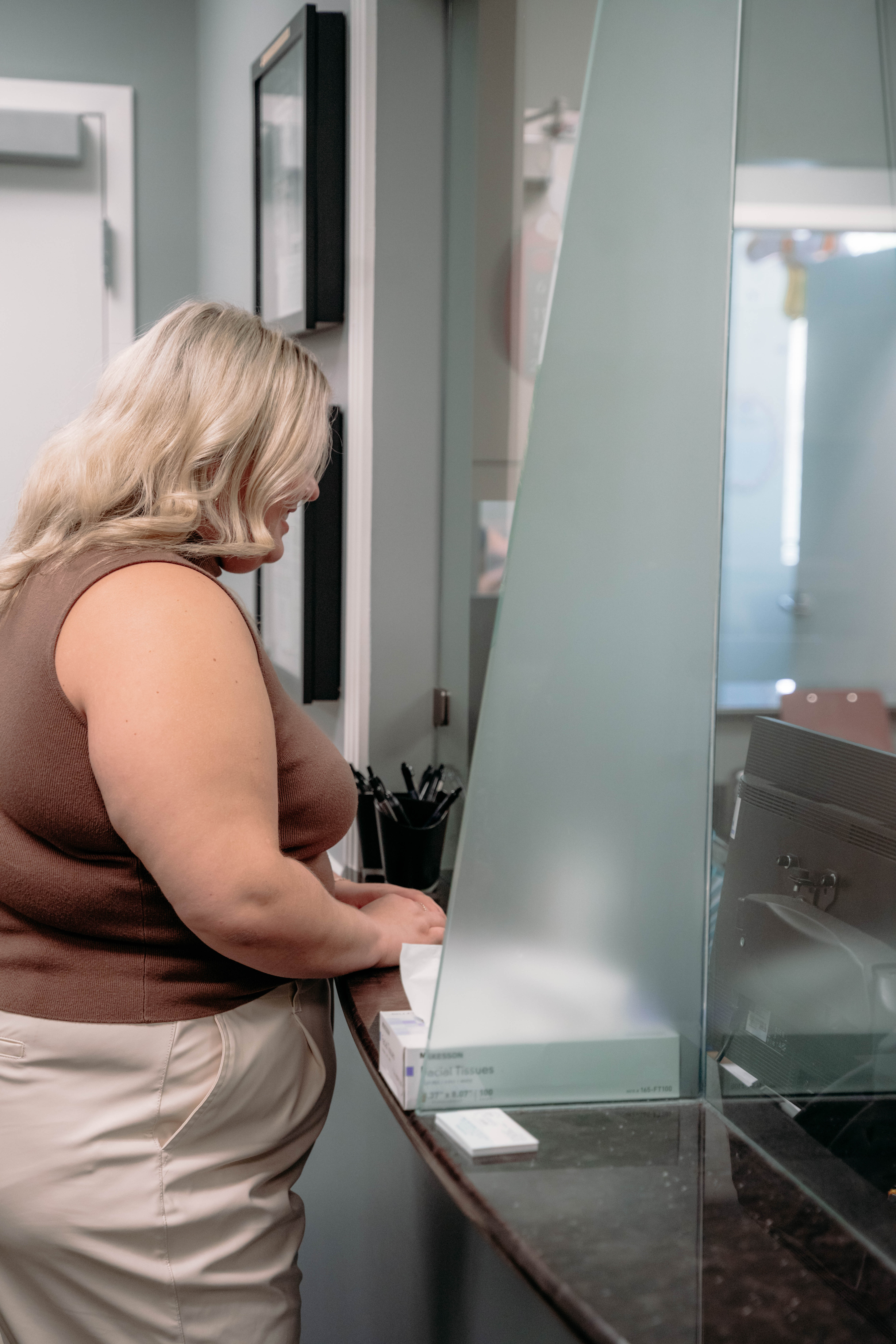STD Awareness Week is observed during the second full week in April. It is used as an opportunity to raise awareness about sexually transmitted diseases and how they can impact our lives. By creating this awareness we can help to reduce the stigma related to STDs and provide people with tools along with some resources to educate themselves. The Centers for Disease Control and Prevention provides such resources to help us better understand, help to prevent, guidance with testing, and how to treat STDs.
Stay informed
First, make sure you know the facts. Knowing the facts plays a big role in STD prevention and testing. We highlight some of the facts here and hope you utilize the toolkits that the CDC provides. They offer helpful resources to help guide you throughout the learning process.
Things you should know about STDs
- Did you know that STDs impact young people the hardest? In the U.S., almost half of all new STDs in 2018 were among people aged 14-25.
- If you are sexually active, you can lower your risk of getting an STD in several ways, including by using a latex condom the right way from start to finish.
- Almost all STDs that can be spread via condomless vaginal sex also can be spread through oral and anal sex without a condom.
- You can’t tell if someone has an STD just by looking at them. Many STDs don’t cause any symptoms, so the only way to know for sure is to get tested.
- Even if you use birth control, you should still think about STD prevention. Birth control methods like the pill, patch, ring, and IUD are very effective at preventing pregnancy, but they do not protect against STDs and HIV.
- The most reliable way to avoid STDs is to not have vaginal, anal, or oral sex.
All STDs are treatable and most are curable. Get tested soon, the sooner you take action to get tested you will be on your way to protecting yourself and the health of your partner.
There are STDs that can lead to serious health problems if left untreated. If you are a woman and have contracted chlamydia, it can make it difficult or even impossible for you to get pregnant. Also, untreated STDs can also increase your chances of contracting HIV and giving it to others.
- STD testing is generally quick, simple, and usually painless. For example, rapid HIV tests can provide results from just a swab inside the mouth in only 20 minutes.
- During your next medical checkup ask to be tested for STDs. Not all medical checkups include STD testing. Talk with your healthcare provider and discuss which STDs you should be tested for.
- Keep an open dialogue with your partner about when you were last tested and suggest getting tested together. And if you have an STD, be open about that to your partner. These may be tough conversations to have, but open communication with your partner is essential to staying healthy and stopping the spread of STDs. These conversations may also bring you closer together. Here are some tips to help you start the conversation.
- Find confidential testing near you that is free or low cost by going to www.gettested.cdc.gov.
Learning about STDs can be a lot to digest. If you have questions or concerns about STDs, be sure to speak with your doctor. Your doctor can discuss your concerns with you and help you discover what the best course of action would be for you to take. Stay informed, stay well.




